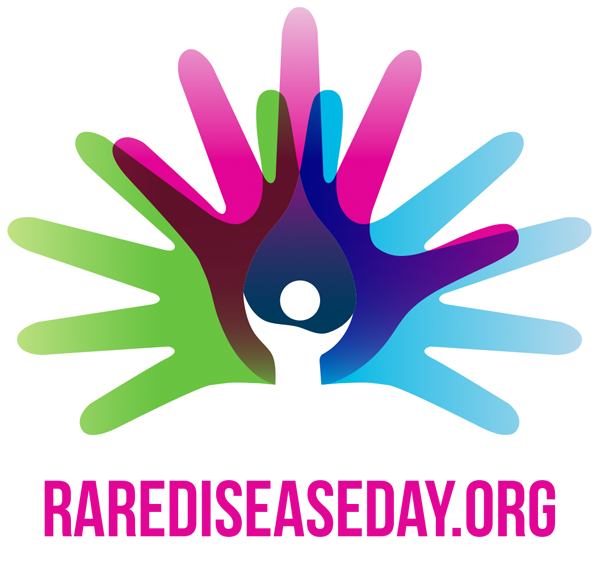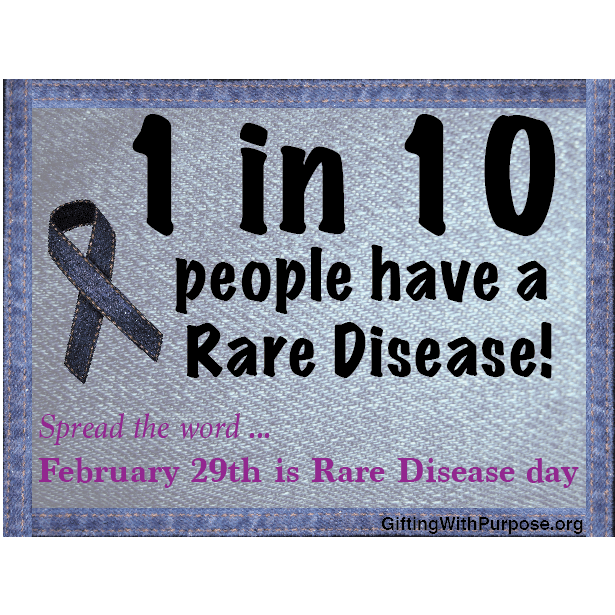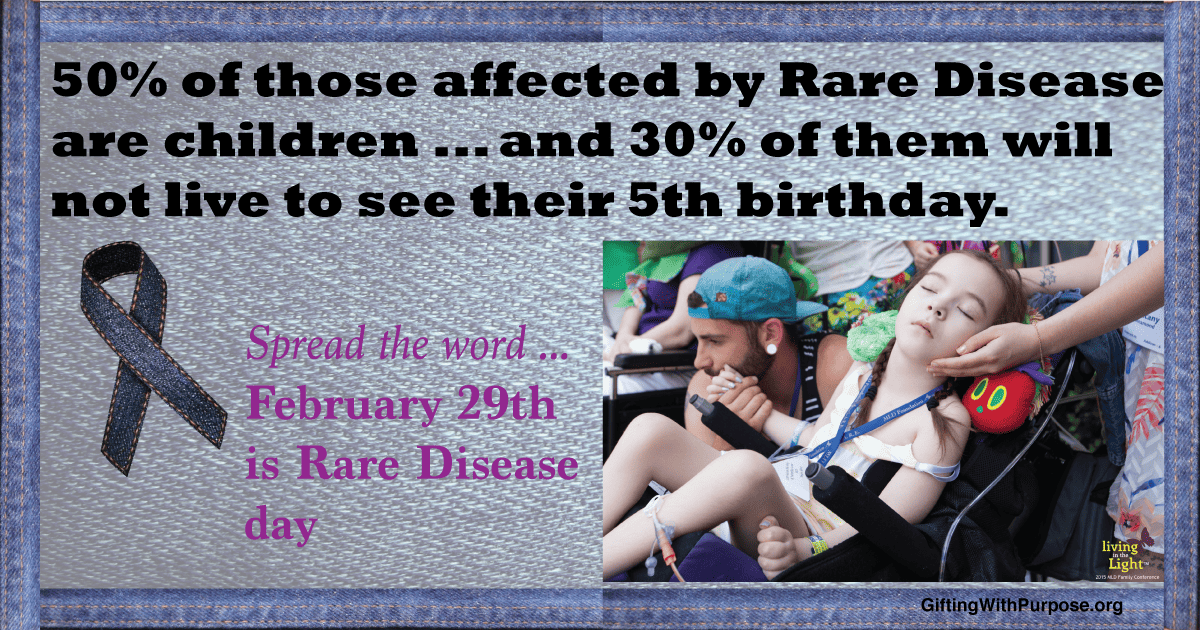When we hear “clippity clop” our brains immediately think horses.
 Zebra is the American medical slang for arriving at an exotic medical diagnosis when a more commonplace explanation is more likely.[1] It is shorthand for the aphorism coined in the late 1940s by Dr. Theodore Woodward, professor at the University of Maryland School of Medicine, who instructed his medical interns: “When you hear hoofbeats, think of horses not zebras“.[2] Since horses are common in Maryland while zebras are relatively rare, logically one could confidently guess that an animal making hoofbeats is probably a horse. By 1960, the aphorism was widely known in medical circles.[3]
Zebra is the American medical slang for arriving at an exotic medical diagnosis when a more commonplace explanation is more likely.[1] It is shorthand for the aphorism coined in the late 1940s by Dr. Theodore Woodward, professor at the University of Maryland School of Medicine, who instructed his medical interns: “When you hear hoofbeats, think of horses not zebras“.[2] Since horses are common in Maryland while zebras are relatively rare, logically one could confidently guess that an animal making hoofbeats is probably a horse. By 1960, the aphorism was widely known in medical circles.[3]
The National Organization for Rare Disorders (NORD) estimates that it takes an average of 9 years for a rare disease patient to get an accurate diagnosis.[4] Our experience with MLD is not that long, but it can easily be 6-12 or even 18 months for the late infantiles and 2-3 years or more for the juvenile MLD patients to be diagnosed. Too many are thinking horses, not zebras!

As an Advocacy Group leader, we often receive phone calls from families wanting to know how to cure MLD because the family thinks their symptoms match according to what they found online using “Dr. Google” and “Dr. Facebook”. After lengthy conversation we often shed additional insight and guide the family another direction – often in the midst of what is a moment of more frustration and uncertainty, but hopefully also with a bit of hope they are getting closer to finding their own zebra.
Some very creative types from the Technical University of Denmark, including Radu Dragusin, have launched a search engine dedicated to helping physicians diagnose rare diseases called FindZebra.com. But doctors will not use the tool if they keep thinking horses.
And also, please reme mber that it’s not just doctors that raise yellow flags about rare disease. Parents, teachers, friends, and other children often have insight that something is wrong.
mber that it’s not just doctors that raise yellow flags about rare disease. Parents, teachers, friends, and other children often have insight that something is wrong.
The month of February is Rare Disease Month – our time to increase awareness of the possibility of Rare Diseases as a diagnosis. Please do your part – share these posts and plan a special event for Rare Disease Day.
Rare Facts – what we’ve learned so far …
 1 in 10 has a Rare Disease.
1 in 10 has a Rare Disease.- over 7,000 Rare Diseases … 30 million Americans, 30 million Europeans, and over 350 million world-wide are affected by Rare Disease.
- 80% of Rare Diseases are genetic.
- If all Rare Disease patients live together we would be the 3rd most populous country.
- 50% of those affected with Rare Disease are children.
- 30% of Rare Disease children
 will not live to see their 5th birthday
will not live to see their 5th birthday - Rare disease is responsible for 35% of all deaths the first year of life.
- Less than 5% of the Rare Diseases have a FDA approved therapy.
- Hear hoofbeats … think zebras!
 February is Rare Disease month, culminating on February 29th – a Rare Day indeed – which is Rare Disease Day.
February is Rare Disease month, culminating on February 29th – a Rare Day indeed – which is Rare Disease Day.
Stay tuned for a month of Rare Disease facts, tidbits and things to know.
Sign up to follow this blog and be sure to share this post.
- Harvey, A. M.; et al. (1979). Differential Diagnosis (3rd ed.). Philadelphia: W.B. Saunders
- Imperato, Pascal James (1979). Medical Detective. New York: Richard Marek. ISBN 0-399-90058-6
- Sotos, John G. (2006) [1991]. Zebra Cards: An Aid to Obscure Diagnoses. Mt. Vernon, VA: Mt. Vernon Book Systems. ISBN 978-0-9818193-0-3
- https://www.sireninteractive.com/sirensong/findzebra-rare-disease-search-engine



1 in 10 HAS a rare disease, not HAVE